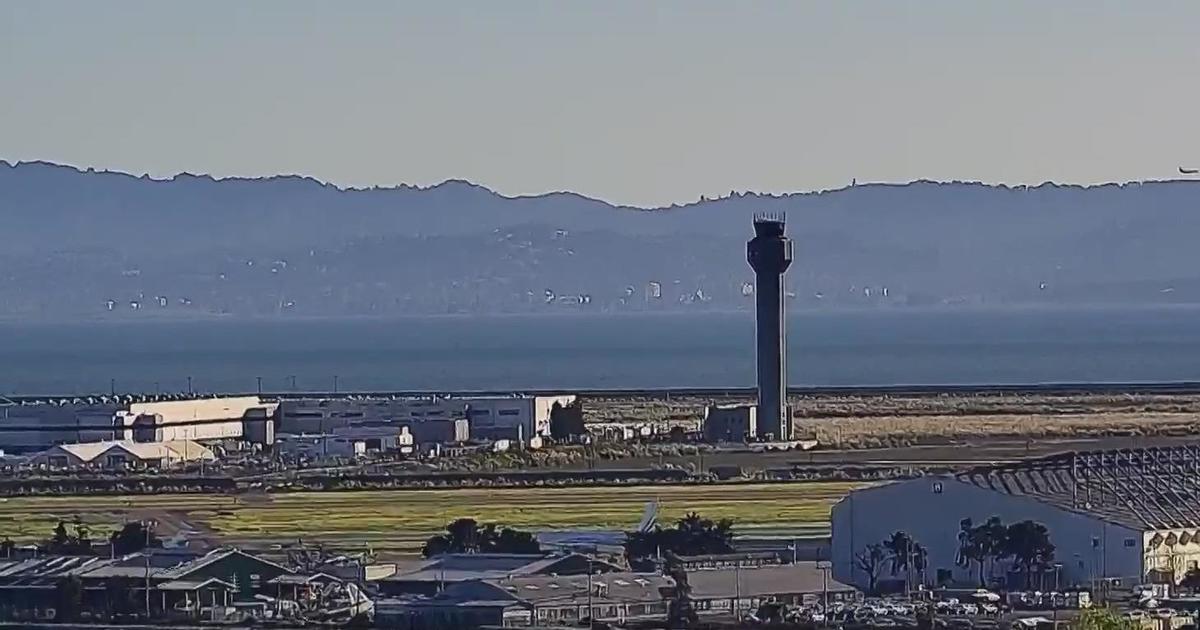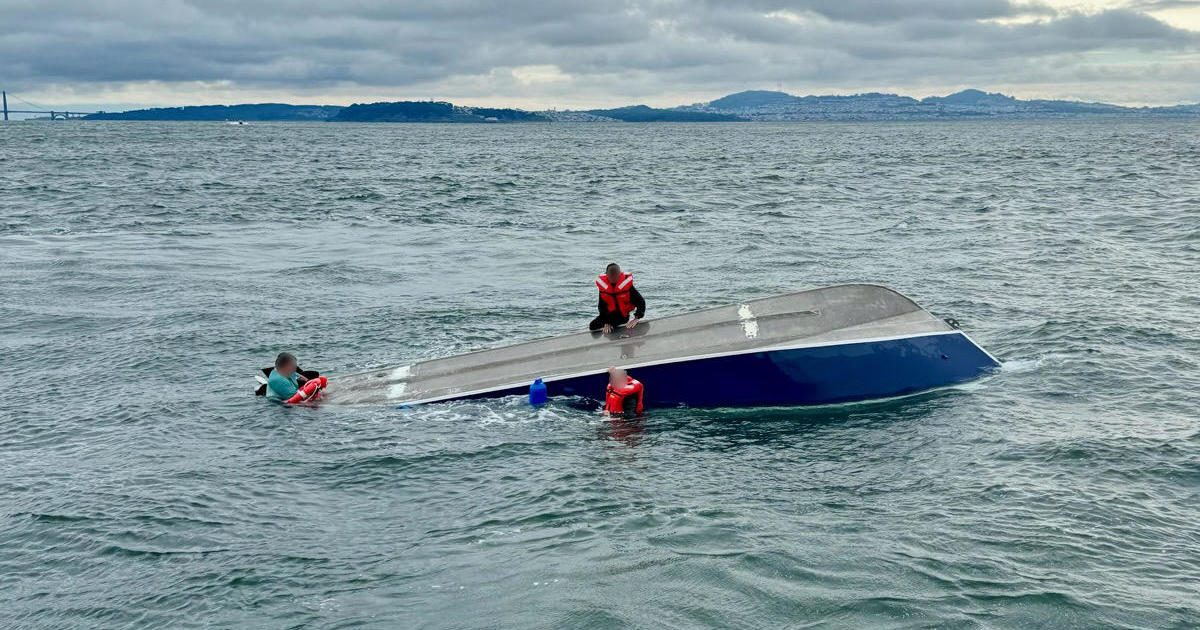Environmental Group Says Government Is Ignoring Dangers Of Fracking Off California Coast
SAN FRANCISCO (CBS SF) -- The Center For Biological Diversity is criticizing a draft environmental assessment released Monday by the U.S. government that was meant to evaluate the environmental effects of well stimulation treatments, including fracking, off the coast of California.
The draft analysis by the U.S. Department of the Interior comes three weeks after the Center for Biological Diversity settled a lawsuit with the government over fracking from offshore platforms in the Santa Barbara Channel and on the Pacific Outer Continental Shelf.
The settlement, filed Jan. 29, required the government produce the analysis under the National Environmental Policy Act.
And until the Department of the Interior has completed a final environmental review, the settlement required all offshore fracking in federal waters off California to stop.
The Center for Biological Diversity, a national non-profit conservation organization with offices in Los Angeles and Oakland that is dedicated to the protection of endangered species and wild places, said Monday that the analysis, done by the Department of the Interior's Bureau of Ocean Energy Management and Bureau of Safety and Environmental Enforcement, "fails to answer key questions about the risks of this controversial oil-extraction technique."
The environmental group said the analysis "ignored" the environmental consequences of blasting "vast volumes of water mixed with toxic chemicals beneath the seafloor, at pressures high enough to fracture rocks," as necessitated by fracking.
The government's analysis states that such extraction methods "allow lessees to recover hydrocarbon resources (i.e., oil) that would otherwise not be recovered from the reservoirs in the lease areas that have been and continue to be accessed by existing wells as well as any new wells in the foreseeable future."
The activities covered in the draft analysis include diagnostic fracture injection test, frac pac, and acid fracturing as well as non-fracturing matrix acidizing and polymer/surfactant injection.
The government's analysis states that despite potential lethal impacts on marine mammals, birds and fish, they recommend resuming fracking and the related well stimulation treatments off the California coast.
But the Center for Biological Diversity maintains that the draft assessment does not adequately analyze the impacts of water and air pollution from offshore fracking and the increased risk of accidents, toxic spills and even earthquakes.
"Instead, the document proposes to let oil companies resume fracking off California's coast, and even allow the industry to go back to dumping fracking chemicals mixed with wastewater into the ocean," the Center for Biological Diversity states.
An attorney with the Center for Biological Diversity, Kristen Monsell, said offshore fracking poses a significant threat to California's marine life and coast communities.
"The Interior Department is blowing off its legal responsibility to carefully consider the risks and harms of offshore fracking. Instead of protecting California's wildlife and coastal communities from fracking chemicals and oil-spill risk, federal officials seem keen to resume rubber-stamping this toxic technique as quickly as possible," Monsell said.
The Center for Biological Diversity maintains that oil companies have fracked at least 200 wells in state and federal waters off Long Beach, Seal Beach, Huntington Beach and the Santa Barbara Channel. The government analysis stated that there had been less than 21 hydraulically fractured completions in the area from 1982 to 2014.
Additionally, the Center for Biological Diversity maintains that oil companies continue to have federal permission to dump more than 9 billion gallons of wastewater into the ocean off California's coast each year and that at least 10 fracking chemicals routinely used in fracking off the California cost could kill or harm marine species.
"The Interior Department has a legal obligation to take a much harder look at the risks of offshore fracking," Monsell said. "Our coast can't take another oil spill or a deluge of toxic fracking chemicals. If federal officials thoroughly analyze the risks to California's fragile marine environments, they'll have to stop authorizing this toxic technique."
The public has until March 23, 2016 to review and comment on the draft environmental assessment. The public can submit comments on the project's public review web site here.
By Hannah Albarazi - Follow her on Twitter



